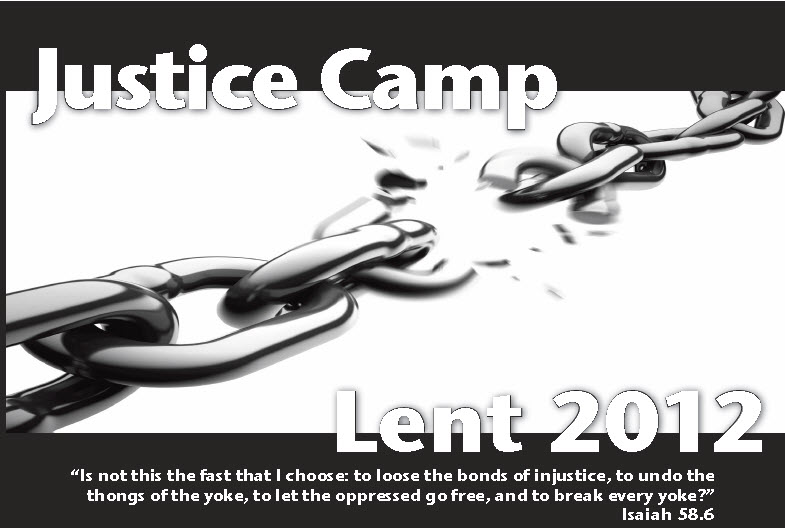 From here (page 6):
From here (page 6):
Yoga and Tai Chi for Lent
Two clergy in Niagara Diocese are taking seriously Paul’s (1 Corinthians 6:12-20) statement— do you not know that your body is a temple of the Holy Spirit? So glorify God in your bodies—and applying Tai Chi and Yoga to bringing it into life.
[….]
Rather, we have been gifted with this planet and these bodies because this is where God dwells. All flesh is holy and the ground of all human endeavors is sacred. It is in these bodies that we will work out our salvation. Since the only life we know is earthly and sensual, it follows that this is the stuff of our spirituality.”
It was in this spirit, according to Jones and Ash, that St. Paul’s, Westdale introduced Tai Chi and Yoga as spiritual practices in the Christian context. Since the beginning of Lent last year, approximately 20 – 30 people have been gathering every week to practice and celebrate God in their bodies, they reported, and as a fresh expression of the Church, the practice has gathered new people into the Church community.
Lent is supposed to be a time of preparation for Easter, generally through prayer, repentance, almsgiving and self-denial.
Tai Chi and Yoga practiced as merely physical exercise might have some benefit, but, if that’s what the Yoga-priests are after, why not go to the gym for Lent?
The reason, I suspect, lies in the fact that they want to use “Tai Chi and Yoga as spiritual practices in the Christian context”: it’s the spiritual aspects of Tai Chi and Yoga that appeal to the Revs. Owen Ash and Rick Jones. Unfortunately, the spiritual components of Tai Chi and Yoga are rooted in Hinduism, Buddhism and Taoism, none of which have much to do with Christianity, let alone Lent.
Still, the Diocese of Niagara doesn’t have much to do with Christianity either, so this doesn’t come as much of a surprise, particularly as Tai Chi starts with a meditation on emptiness, or wu chih in Taoism – diocese of Niagara priests are adept at meditating on emptiness. Just listen to one of their sermons.
Like this:
Like Loading...
 –
–

 The training helps us understand our “otherness”, apparently. I don’t think I need it since I already appreciate my “otherness” from the Diocese of Niagara and am profoundly grateful for it.
The training helps us understand our “otherness”, apparently. I don’t think I need it since I already appreciate my “otherness” from the Diocese of Niagara and am profoundly grateful for it. From
From